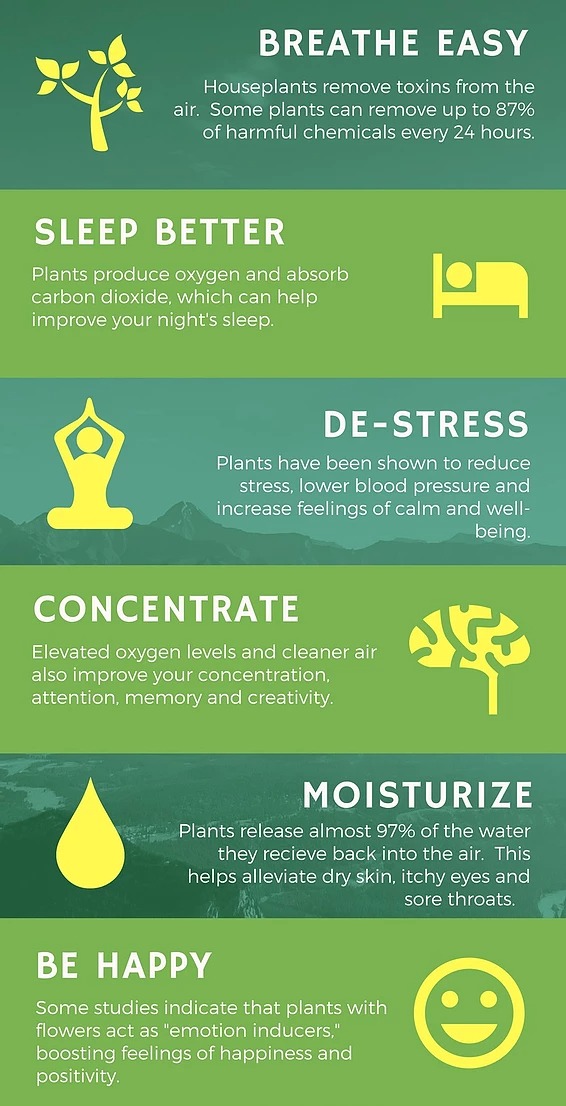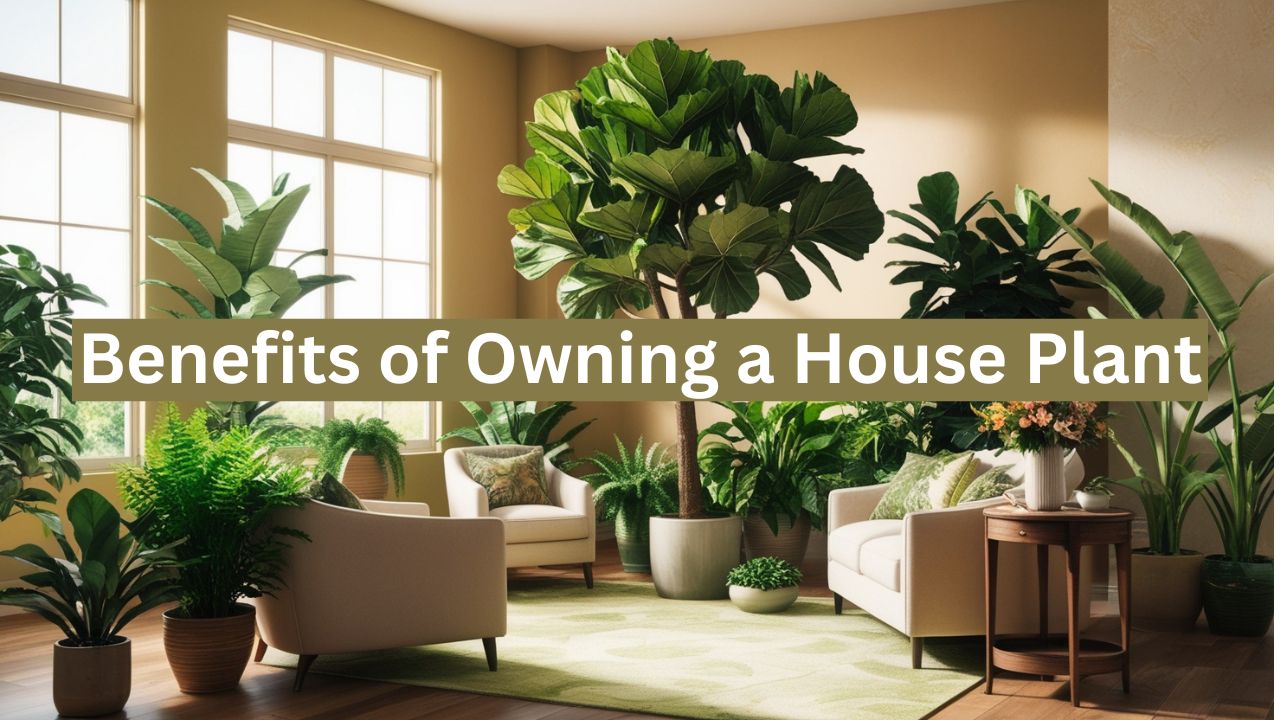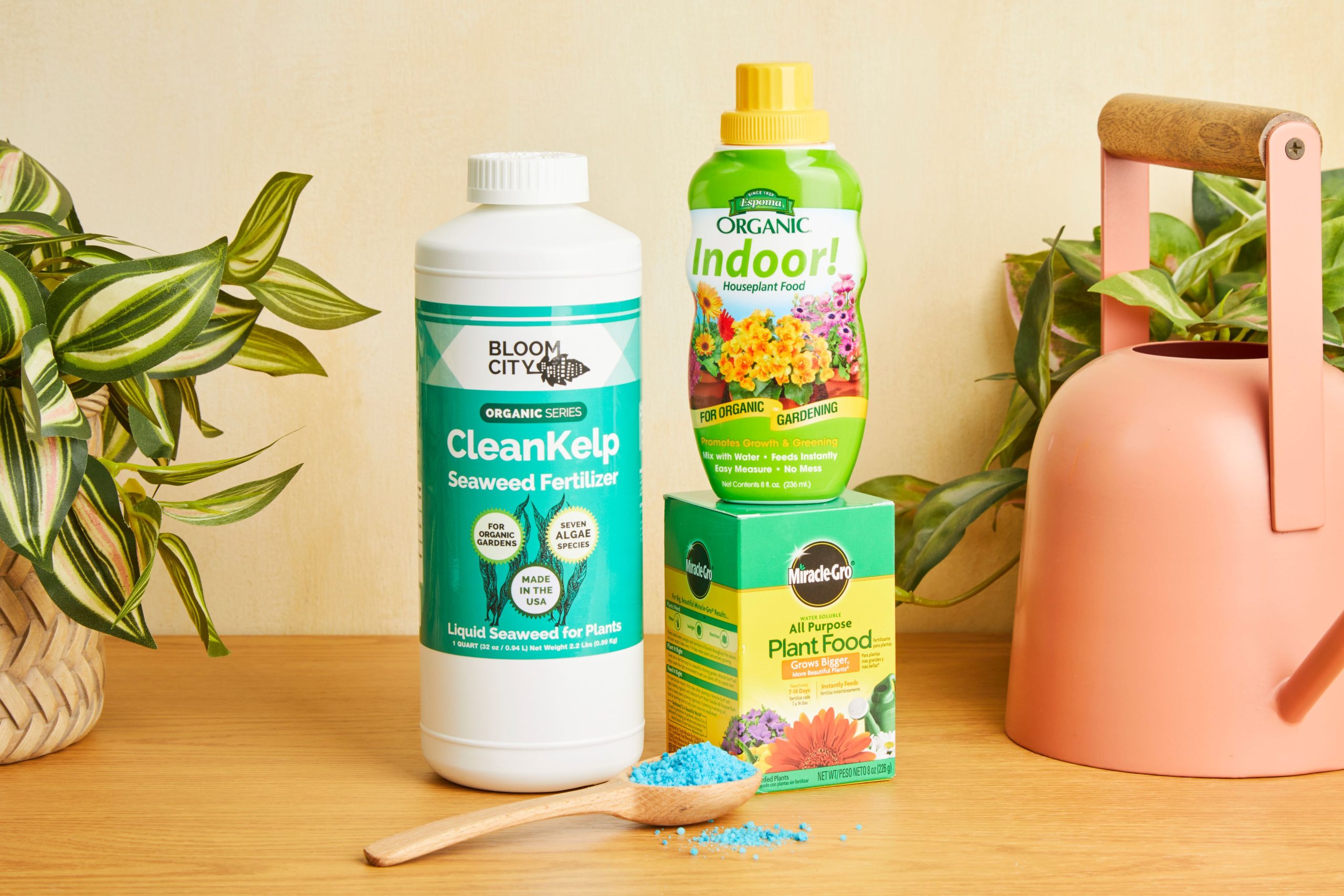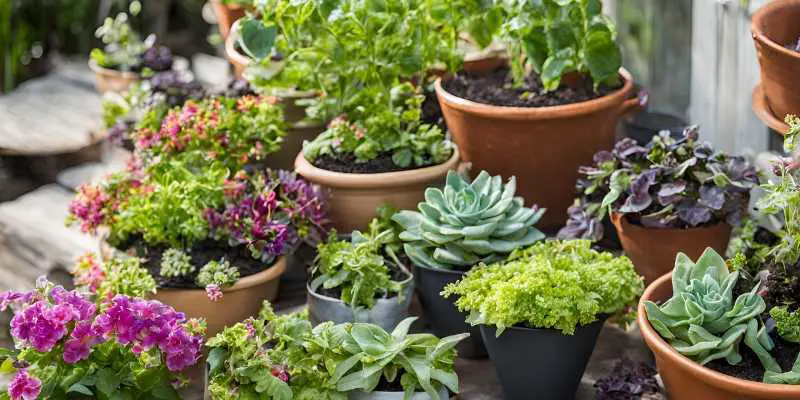House plants improve indoor air quality and reduce stress levels. They also enhance the aesthetic appeal of living spaces.
House plants offer numerous benefits that positively impact both health and home environment. They act as natural air purifiers, removing toxins and improving air quality. This leads to better respiratory health. Plants also contribute to stress reduction, promoting a sense of well-being and calmness.
They can boost mood and productivity, making them ideal for home offices. Additionally, house plants add a touch of nature to interior decor, creating a more inviting and attractive space. With minimal care, they offer a rewarding and therapeutic hobby. Owning house plants is a simple yet effective way to enhance your living environment.
Improved Air Quality
House plants not only beautify your living space but also offer numerous benefits, one of which is improved air quality. These green companions can significantly enhance the air you breathe indoors, making your home healthier and more pleasant.
Natural Air Purifiers
Plants act as natural air purifiers. They absorb carbon dioxide and release oxygen, improving the oxygen levels in your home. This process can make your indoor air fresher and more breathable.
Some plants are especially good at filtering out harmful pollutants. For example, the snake plant and spider plant are known for their air-purifying abilities. Keeping these plants indoors can help create a cleaner and healthier environment.
Toxin Reduction
Many house plants can reduce toxins in the air. They can absorb harmful substances like benzene, formaldehyde, and trichloroethylene through their leaves.
Below is a table highlighting some common house plants and the toxins they can help reduce:
| Plant | Toxins Reduced |
|---|---|
| Spider Plant | Formaldehyde, Xylene |
| Peace Lily | Benzene, Formaldehyde, Trichloroethylene |
| Snake Plant | Formaldehyde, Benzene |
These plants can help you breathe easier by reducing indoor pollutants. You can place them in various rooms to maximize their air-cleaning benefits.
Enhanced Mental Health
Owning a house plant can significantly improve your mental health. Plants have a calming effect on the mind. They create a serene environment. This can help reduce stress and boost your mood.
Stress Reduction
Plants can help reduce stress levels. They create a peaceful atmosphere. This can help you feel more relaxed. Studies show that being around plants lowers cortisol levels. Cortisol is the stress hormone. Lowering it can make you feel calmer.
| Benefits | Details |
|---|---|
| Lower Cortisol | Reduces stress hormone levels. |
| Calming Effect | Creates a peaceful environment. |
Boosted Mood
House plants can also boost your mood. They add beauty to your space. This can make you feel happier. Plants can also improve air quality. Better air can make you feel more energized. This helps lift your spirits.
- Add beauty to your home.
- Improve air quality.
- Make you feel happier.
Increased Productivity
Owning a house plant can significantly boost productivity. Having greenery around helps create a more stimulating environment. This can lead to enhanced focus and creativity at work or study.
Focus And Concentration
House plants can improve your focus and concentration. They create a calming atmosphere that reduces stress. This helps you stay more focused on tasks.
Plants also improve indoor air quality. This means you can breathe easier and stay alert. Cleaner air leads to better brain function.
Having a plant on your desk can also reduce background noise. The leaves can absorb sound, making it easier to concentrate.
Creativity Boost
House plants can also boost your creativity. They bring a touch of nature indoors. This can inspire fresh ideas and creative solutions.
Working in a green environment stimulates the mind. It encourages you to think outside the box. This can be especially helpful for creative projects.
Plants also improve your mood. A happier mood can lead to more inspired thinking. This can make your work more enjoyable and productive.
Better Sleep
Plants can enhance sleep quality. They bring calmness and reduce stress. Let’s explore how house plants can improve your sleep.
Bedroom Plants
Adding plants to your bedroom can improve your sleep environment. They release oxygen and reduce carbon dioxide levels. This creates a fresh atmosphere conducive to better sleep. Here are some key benefits:
- Improves air quality
- Reduces background noise
- Promotes relaxation
Sleep-inducing Varieties
Certain plant varieties are known to aid sleep. These plants have specific properties that promote relaxation. Let’s look at some popular options:
| Plant | Benefit |
|---|---|
| Lavender | Calms the mind and reduces anxiety |
| Jasmine | Improves sleep quality and reduces stress |
| Snake Plant | Releases oxygen at night and purifies air |
| Aloe Vera | Emits oxygen at night and cleans the air |
Choose these plants to transform your sleep environment. Their natural properties help you sleep better and wake refreshed.
Aesthetic Appeal
Owning a house plant is not just about greenery. It brings a unique aesthetic appeal to any room. Plants can transform spaces, making them more inviting and lively.
Interior Design
House plants play a big role in interior design. They add color, texture, and life to your home. Here are some ways plants enhance your space:
- Color: Plants add different shades of green.
- Texture: Leaves and stems create visual interest.
- Focal Points: Large plants can be statement pieces.
Look at this table showing how different plants fit various styles:
| Plant Type | Interior Style |
|---|---|
| Succulents | Modern, Minimalist |
| Ferns | Bohemian, Rustic |
| Orchids | Elegant, Contemporary |
Personal Style
House plants also reflect your personal style. They can show your personality and preferences. Here’s how:
- Unique Varieties: Rare plants make a statement.
- Pots and Planters: Choose designs that match your taste.
- Arrangement: Style plants in unique ways.
Plants tell a story about who you are. They add charm and character to your home.

Credit: www.otoolesgardencenters.com
Educational Value
House plants offer more than just beauty and air purification. They also provide significant educational value. Introducing house plants into your home can be a great way to teach children and adults alike about nature and responsibility.
Learning About Nature
House plants are a wonderful tool for learning about nature. They offer a hands-on experience in understanding the life cycle of plants. You can observe how plants grow from a seedling to a mature plant.
By caring for house plants, you learn about different plant species, their needs, and how they respond to their environment. This knowledge can spark curiosity and a deeper appreciation for the natural world.
Consider creating a learning station with various house plants. You can use this space to study plant growth, types of soil, and watering schedules. This can make learning about nature both fun and interactive.
Responsibility
Owning a house plant teaches responsibility. Plants need regular care, including watering, pruning, and checking for pests. This routine can help develop a sense of duty and commitment.
Children can especially benefit from this experience. Assigning them the task of taking care of a plant can teach them the importance of regular care and attention. It also provides a sense of accomplishment when the plant thrives.
Below is a simple table highlighting the tasks involved in plant care:
| Task | Frequency |
|---|---|
| Watering | Weekly |
| Pruning | Monthly |
| Checking for Pests | Bi-weekly |
| Fertilizing | Quarterly |
By following these tasks, you ensure the plant remains healthy and vibrant. This routine can instill a sense of responsibility and discipline in both children and adults.
Physical Health Benefits
House plants are more than just decoration. They offer numerous physical health benefits. They can improve indoor air quality, help with humidity control, and reduce allergens.
Humidity Control
Plants can increase humidity levels in your home. This is beneficial, especially during dry seasons. Proper humidity levels can prevent dry skin and respiratory issues.
How do plants control humidity?
- Plants release moisture through a process called transpiration.
- Transpiration adds water vapor to the air.
- This helps maintain a balanced humidity level indoors.
By increasing humidity, house plants can make your living space more comfortable and healthier.
Allergen Reduction
Certain plants can reduce allergens in your home. They can filter dust and pollutants from the air.
Top plants for allergen reduction:
| Plant Name | Benefit |
|---|---|
| Spider Plant | Removes dust and toxins |
| Peace Lily | Filters mold spores from the air |
| Snake Plant | Absorbs toxins and allergens |
These plants can help reduce the allergens that cause sneezing and runny noses.
Social Benefits
House plants do more than just beautify your home. They bring social benefits that can enhance your well-being. Let’s explore how house plants can improve your social life.
Conversation Starters
Plants can be excellent conversation starters. A beautiful plant can catch the eye and invite questions. Guests might ask about the plant’s origin or its care. This opens the door for friendly chats and shared stories.
Imagine having a unique plant in your living room. Friends and visitors will be curious. They may want to know the plant’s name or how you care for it. This can lead to interesting conversations and even new friendships.
Community Building
Owning house plants can also help in community building. Plant lovers often form communities to share tips and advice. You can join local plant groups or online forums. This allows you to connect with like-minded people.
Participating in plant swaps or community gardening events can also be fun. You can exchange plants and learn new gardening tips. Being part of a plant community makes you feel connected and supported.
| Social Benefit | Description |
|---|---|
| Conversation Starters | Plants can spark engaging conversations with guests. |
| Community Building | Join plant groups and feel part of a community. |

Credit: blog.goldensherpa.com
Frequently Asked Questions
Do Houseplants Improve Mental Health?
Yes, houseplants improve mental health. They reduce stress, boost mood, and increase productivity. Indoor greenery creates a calming environment, enhancing overall well-being.
Do House Plants Improve Air Quality?
Yes, house plants can improve air quality. They filter toxins and release oxygen, making indoor spaces healthier.
How Much Oxygen Does A House Plant Give Off?
A house plant typically produces around 5 milliliters of oxygen per hour. This amount varies by plant type and size.
Does Owning Plants Make You Happier?
Yes, owning plants can make you happier. Plants improve mood, reduce stress, and enhance overall well-being.
Conclusion
House plants offer numerous benefits, from improving air quality to boosting mood. They create a calming environment and enhance decor. Caring for plants can reduce stress and increase happiness. Embrace the joy of having house plants and transform your living space.
Enjoy a healthier, happier home with these natural companions.

My mission is to help you bring the beauty of nature indoors with expert advice, detailed plant care guides, and creative design ideas.




